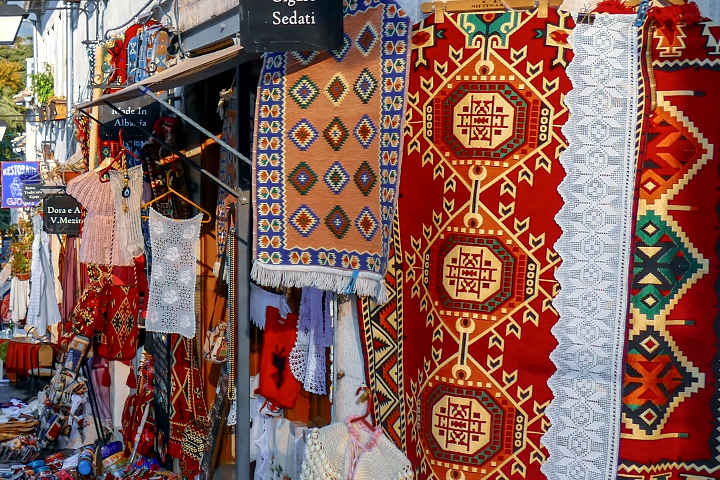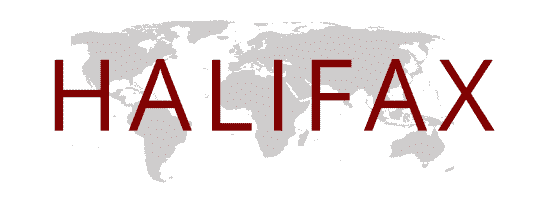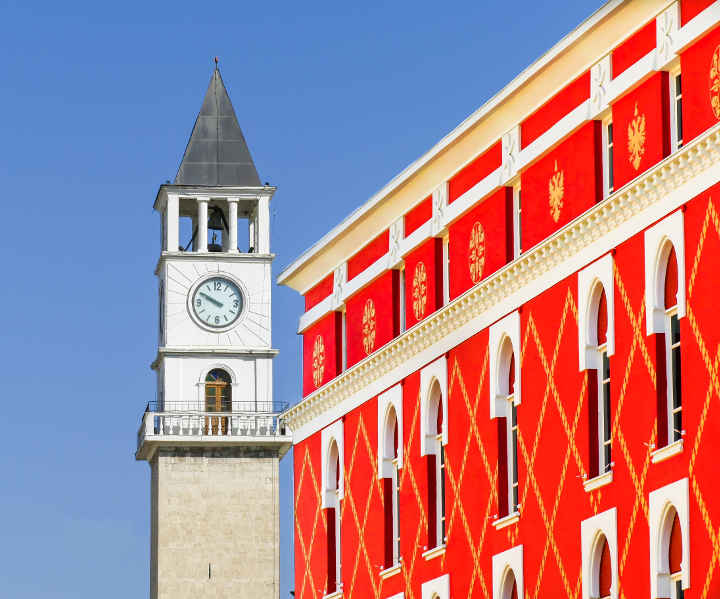Professional Albanian Translation Services
Translation from and to Albanian
We offer full services including:
- Albanian document translation
- Certified professional Albanian translation
- Revision, editing or proofreading of Albanian documents
- Albanian document conversion
- Albanian interpreting
- Video translation & transcription from and to Albanian
Our professional Albanian translation services are the most cost-effective you will find (read about translation rates here).
The Albanian language – our translator’s viewpoint
We asked one of our translators, an Albanian translation professional, to tell us something about his language. He studied it at university and has worked with it professionally for 10 years. Here is what he wrote.
What challenges do you face when you translate or interpret Albanian?
Professional Albanian translation services are what I do, but what is Albanian? Often, I have to decide that for myself. Some of the major translation challenges are these:
Lack of standardized terminology and professional vocabulary in many areas.
Different variants: the terminology in Albania, Kosovo or Macedonia can be very different in many areas, especially in economics, administration and similar.
Foreign expressions: There has recently been a large influx of foreign words. These tend to suppress native words because of a real and frequent lack of native words for some expert and narrowly specialized fields.

Dialects: the biggest challenge for an interpreter is the diversity of Albanian dialects. The main division of dialects is between Geg and Tosk, which are quite different, but these dialects themselves have their own sub-dialects with their specificities.
Where does the Albanian language come from?
Albanian is a language of the broad Indo-European family and is therefore to some extent related to almost all other languages of Europe. The Indo-European character of the language was first recognized in 1854 by the German linguist Franz Bopp (1791-1867). At the same time, Albanian does not show particularly close historical kinship with any other language or linguistic group within the family, it forms its own language group.
Despite Albania’s geographical proximity to Greece, linguistic contacts with ancient Greek seem to be tenuous. However, Roman settlements on the Illyrian coast and the absorption of Albania into the Roman Empire left noticeable traces on the language. Latin borrowings, which have taken place over many centuries, were so massive that they could have jeopardized the very structure of the language.
Cultural contacts with Slavs (Bulgarians and Serbs), Turks and Italians also left considerable traces in Albanian, not only in vocabulary but also in morphology and syntax, Albanian shows many commonalities with other Balkan languages due to centuries of parallel development.
Among these traits are: the postpositive definite article; identical forms of genitives and datives; formation of numbers from 11 to 19 by one-to-ten system; absence of grammatical infinitive; forming the future tense with the verb “to wish”. Whether Albanian is a direct successor to the language of the ancient Illyrians, as is widely assumed today, is difficult to ascertain as there are very few preserved written traces of the Illyrian language.
Albanian (gjuha shqipe) is spoken by over six million people in the south-western Balkans, primarily in the Republic of Albania and neighbouring countries and territories that were once part of the Yugoslav federation (Macedonia, Kosovo, Montenegro and Serbia). The total number of speakers is estimated at 7-8 million.
In Albania itself, the language is spoken by a total population of 3,087,159 (April 2001 census), including some bilingual ethnic minorities. In Kosovo, where there are still no reliable population statistics, almost the entire population of about two million, including some bilingual minorities, speaks Albanian. The Republic of Macedonia is estimated to have at least half a million Albanian speakers, which is about twenty-five percent of the population, although there are no reliable statistics.
A minority of about 50,000 Albanian speakers are also located in Montenegro, mainly along the Albanian border (Ulcinj, Tuzi and Gusinje). There are also at least 70,000 to 100,000 Albanian speakers across southern Serbia, primarily in the Presevo Valley near the Macedonia-Kosovo border. Important Albanian diaspora countries are Italy, Austria, Switzerland, Greece, the United Kingdom, Turkey, USA, Canada and Australia.

Does this language have any special features that few other languages have?
Unlike Slavic languages, all nouns, in addition to gender, number and five cases (nominative, genitive, dative, accusative, ablative), have a definite and indefinite form which is expressed by the addition of a post-positive definite article.
Most nouns are of masculine or feminine gender, while there are rare examples of a neuter gender that are dying out as a category, such nouns are mostly used as masculine.
The Albanian verb system has 10 tenses and 6 verb modes, of which it is interesting to point out the optative (desirable mode) and the admirative used to express wonder and admiration.
Albania

Albania was a closed country for much of the 20th century but has developed rapidly since its opening in the nineteen nineties. The coast is as beautiful as any Mediterranean littoral, with sandy beaches and some unspoiled, unique towns. The mountain ranges and lake Skoder are home to some of the most dramatic landscapes in Europe.
If you are unfamiliar with Albania but would like to know more about it, try Lonely Planet.

